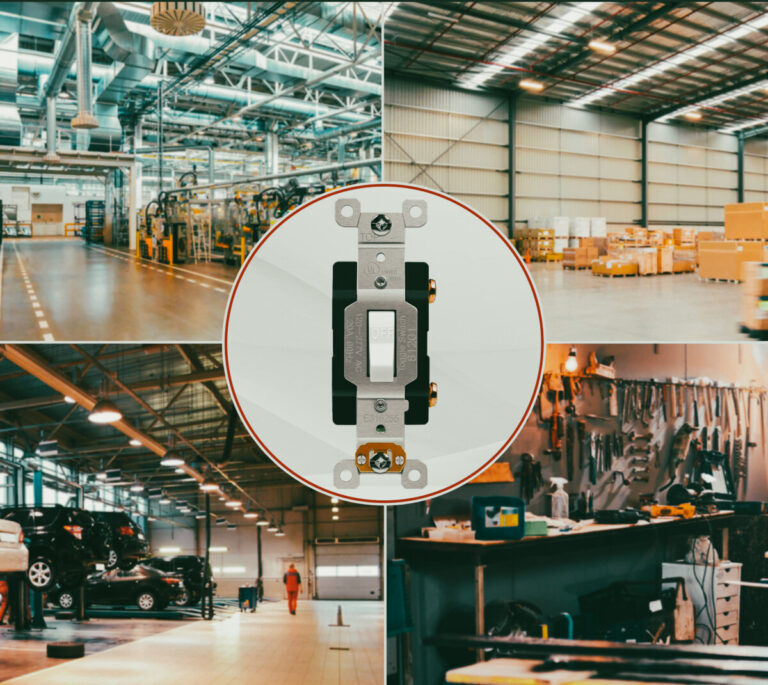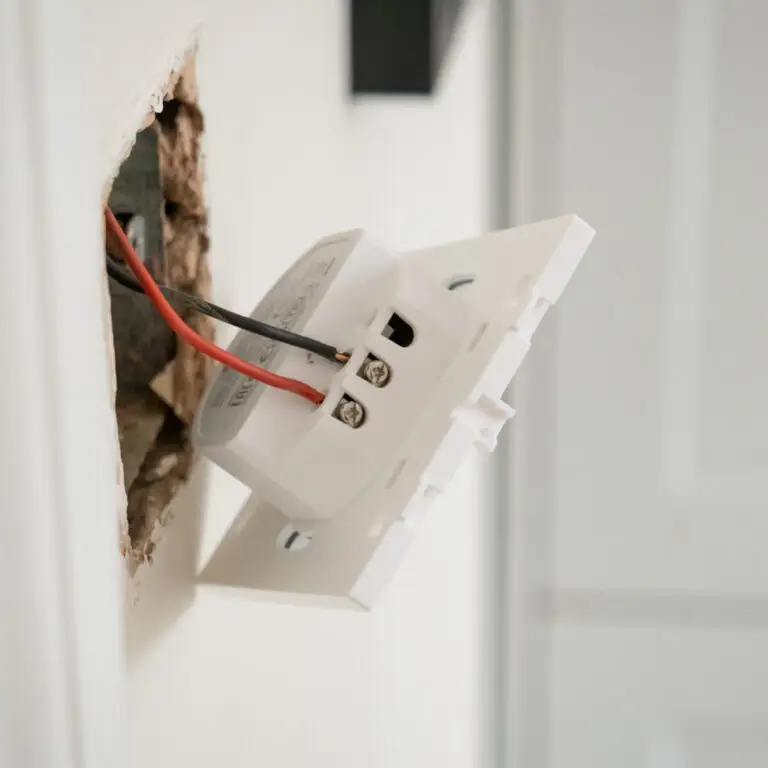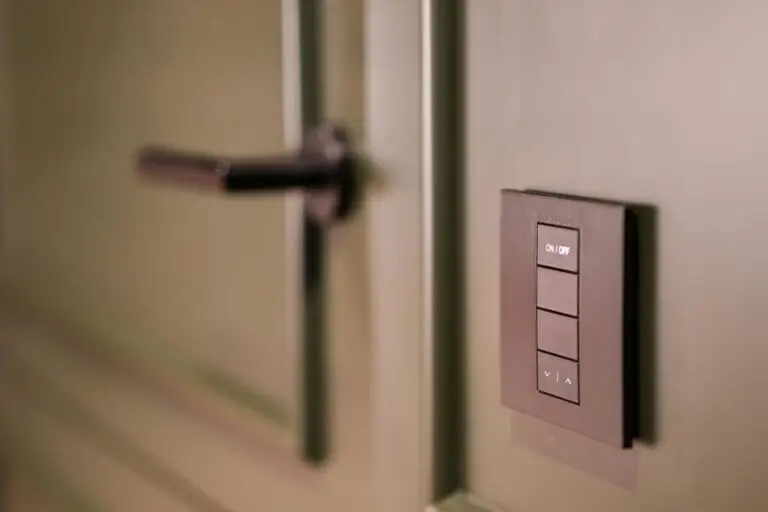WIRING DEVICES
From powering homes to enabling industrial operations, wiring devices play a critical role in modern life. These essential components, such as switches and receptacles, ensure the safe and efficient flow of electricity across residential, commercial, and industrial settings. This comprehensive guide covers everything you need to know about wiring devices, including their types, benefits, and applications, to help you make the best choices for your electrical projects.
What Are Wiring Devices?
Wiring devices are the components that facilitate the control and distribution of electricity within a system. These include switches, receptacles, connectors, and more, ensuring that electrical currents are directed safely and effectively. Their role extends from residential homes to complex industrial setups, making them indispensable in modern electrical systems.
Types of Wiring Devices
- Switches: Used to control the flow of electricity to a device or circuit.
- Receptacles (Outlets): Provide a connection point for electrical devices.
- Connectors: Join different segments of wiring systems securely.
- GFCI Outlets: Protect against electrical shock by monitoring current imbalances.
- Lighting Controls: Dimmers and motion sensors for energy-efficient lighting solutions.
Wiring Accessories for Distribution Systems
Wiring accessories, such as conduit fittings, cable ties, mounting hardware, and junction boxes, play a supportive role in ensuring systems remain organized and safe. For instance, conduit fittings protect and route electrical wiring, while cable ties keep wiring bundles secure and tidy. Mounting hardware, such as brackets and clamps, ensures stable installation of devices, and junction boxes provide a safe enclosure for electrical connections. These components not only enhance the durability and functionality of wiring installations but also ensure compliance with safety standards in residential, commercial, and industrial environments.
Benefits of Proper Wiring Devices in Electrical Distribution
1. Improved Safety and Compliance with Standards
High-quality wiring devices significantly reduce risks such as electrical fires, short circuits, and accidental shocks. Devices like GFCI outlets, essential for moisture-prone environments such as bathrooms and kitchens, enhance safety. Additionally, using certified wiring devices ensures compliance with industry standards like the National Electrical Code (NEC), offering peace of mind and legal assurance.
2. Enhanced Energy Efficiency
Advanced wiring devices, including dimmer switches and smart controls, contribute to energy savings by optimizing electrical usage.
3. Long-Term Reliability
Investing in durable wiring devices reduces maintenance costs and ensures consistent performance over time.
Applications of Wiring Devices
Wiring devices are versatile and crucial for ensuring safe and efficient electricity distribution in various settings. They are used in residential, commercial, and industrial environments, each with specific needs and applications.
Residential
- Smart home systems: Automate lighting, HVAC, and security.
- Everyday usage: Safe and reliable outlets and switches for household appliances.
Commercial
- Offices: Efficient lighting controls and robust wiring systems.
- Retail: Flexible and scalable solutions for diverse energy needs.
Industrial
- Factories: Heavy-duty connectors and outlets for machinery.
- Warehouses: High-capacity wiring devices for demanding applications.
Frequently Asked Questions (FAQs)
Get answers to some of the most common questions about wiring devices:
What are wiring devices in electrical distribution?
Wiring devices are components like switches, receptacles, and connectors that control and distribute electricity safely within a system.
How do I choose the right wiring device?
Consider the application, amperage requirements, and compliance with electrical codes. For specialized environments, consult an electrician for expert advice.
What are the most common types of wiring accessories?
Common wiring accessories include conduit fittings, cable ties, and mounting brackets, which enhance the safety and organization of electrical systems.
Are wiring devices compatible with smart home systems?
Many modern wiring devices, such as smart switches and outlets, are designed to integrate seamlessly with smart home systems, offering added convenience and automation.
What should I know about wiring device installation?
Always ensure wiring device installations are performed by a qualified electrician and comply with local electrical codes to guarantee safety and reliability.
Call to Action
Ready to enhance your electrical distribution system with high-quality wiring devices and accessories? Explore our resources or contact us today for personalized assistance.
For more in-depth articles and resources on wiring devices, check out our dedicated Wiring Devices Blog Category.


